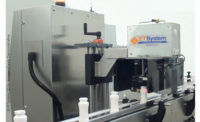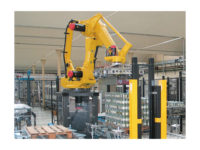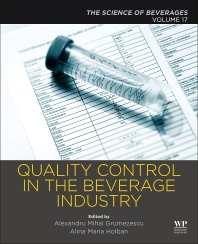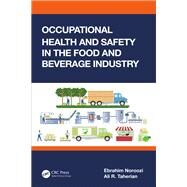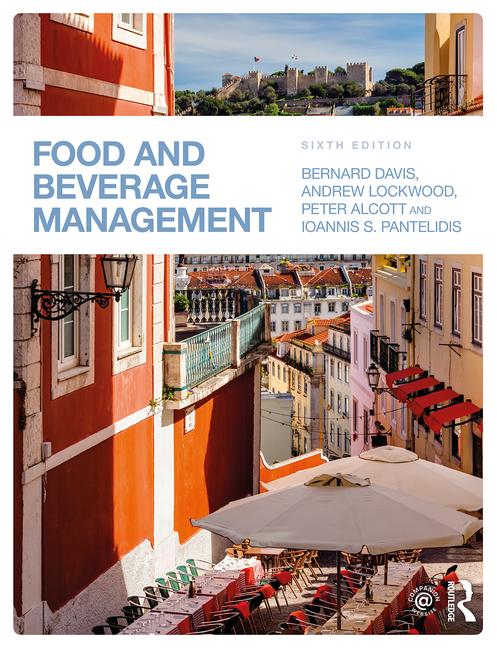Inspection equipment evolves with automated operations
Packaging design impacts inspection equipment

As automation within beverage operations becomes ever more prevalent, inspection equipment suppliers have recognized the need to streamline the equipment involved in the essential process while ensuring packaging maintains its aesthetic appeal and quality standards.
“As processing power increases, we can push our systems to perform complex inspections faster, in turn helping manufacturers who don’t want to have to sacrifice production speeds in order to add in-line inspection,” says Oliver Wyrsch, general manager at Mettler Toledo, Columbus, Ohio.
Advancing line automation is helping to improve overall production while also facilitating the integration of inspection systems to create more efficient processes, says Richard Reardon, general manager at FT System North America, Pembroke, Mass. Reardon highlights the company’s inspection systems that feature an Ethernet connection, which allows for fully automated changeovers.
“Automated, in-line inspection systems deliver consistent and highly precise quality inspection and remove the human variable,” he adds. “At the end of the day, automated inspection systems ensure the beverage company is producing a consistent, top-quality product with the highest efficiency possible.”
Smart systems also are gaining in importance as automation proliferates, notes Michael Coy, marketing manager at Pressco Technology Inc., Cleveland.
“The drive for increased automation has resulted in fewer skilled staff monitoring the production process,” he says. “Today’s modern facilities rely more than ever on smart inspection systems, such as Pressco’s Intellispec, which can not only detect production anomalies but also provide actionable data on machine performance and even execute desired operations, such as shutting down the line for consecutive critical defects.
“Today’s sophisticated inspection systems have progressed beyond simple ‘go/no-go’ tools, which reject defective products,” he continues. “Process management is now the goal.”
Wyrsch adds that software systems also are improving. “Mettler Toledo CI-Vision’s biggest developments made are on the software side, particularly with regards to in-line inkjet inspection — text like lot codes and expiration dates, for example,” he says.
New processing technologies, like high-pressure processing (HPP) and nitro hot fill, also can benefit from innovative inspection technology, Reardon says.
“HPP and nitro hot fill are two filling processes that we have seen emerge over the past few years. While some of the traditional inspection solutions can be used to inspect containers in these processes, some of the newer inspection technologies offer a better solution,” he explains. “One example would be the use of FT System’s PCS700-LS laser spectroscopy inspection system to measure internal pressure in the nitro hot-fill process. The technology is non-contact and measures the internal pressure from the liquid nitrogen at the exit of the capper and again at the exit of the cooling tunnel. The inspection system not only detects leaks, but also alerts the line if the nitrogen-dosing process is trending out of specification.”
Packaging impacts
Generally, beverage-makers look to create unique package designs to entice purchase. Yet, package design is a critical factor for inspection equipment, and as manufacturers design their products, they should keep the inspection process in mind, FT System’s Reardon says.
“Unique shapes can be a challenge. They are one of the primary drivers behind FT System’s line of non-contact inspection systems,” he says. “It is extremely important for beverage companies to take a broader view of a package design early in the process and be sure the new design can be produced and inspected.”
Because maintaining the aesthetics of a package is important to manufacturers, inspection equipment suppliers offer innovative inspection options, Pressco’s Coy notes.
“Perhaps the biggest area of focus right now is beverage can labels,” he says. “Because the decoration process can be volatile, Pressco developed a multi-camera system to inspect every can label for print defects and color flaws. The Decospector 360 provides complete protection that each can meets the quality expectations of the brand.”
Additionally, sustainability factors like lightweighting, non-traditional package materials and designs, among other eco-friendly traits can be a challenge, according to Reardon.
“The inspection equipment becomes even more critical in applications where the packaging material challenges the filling and sealing process,” he says.
Pressco’s Coy also notes the challenges that eco-friendly packaging brings to the inspection operation.
“The manufacturing process of lighter-weight components is challenging and, combined with faster production speeds and the increased use of PCR, this process is less stable than ever,” he says. “Pressco has worked closely for years with the manufacturers of these eco-friendly bottles and closures to ensure that our inspection solutions are growing along with their ever-changing needs.” BI
Looking for a reprint of this article?
From high-res PDFs to custom plaques, order your copy today!




